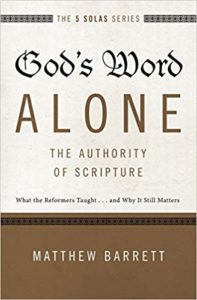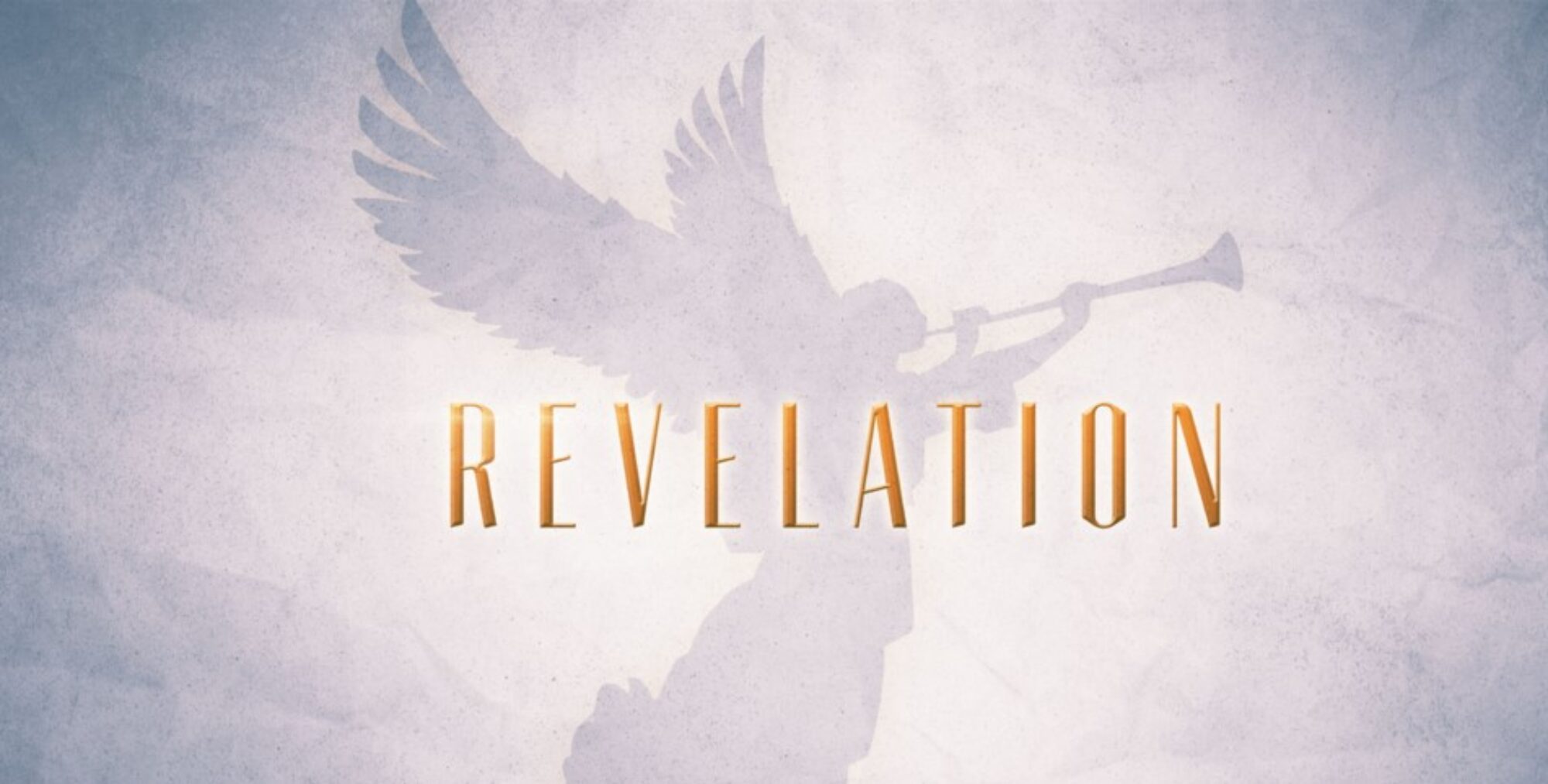Inerrancy Meets Real Life
“As one mig ht imagine, when trust in the reliability of all of Scripture crumbles, practical ministry becomes extremely difficult to navigate. Consider preaching. No longer can one preach the whole
ht imagine, when trust in the reliability of all of Scripture crumbles, practical ministry becomes extremely difficult to navigate. Consider preaching. No longer can one preach the whole
counsel of God. Instead, we must first discern which texts are worthy and which ones lack authority and credibility. True preaching, argues Packer, occurs when the preacher becomes a “mouthpiece for his text, opening it up and applying it as a word from God to his hearers, talking only in order that the text may speak for itself and be heard.” When doubt seeps in, the preacher begins to wonder (and understandably so) whether the text he is preaching is in fact trustworthy. Are these really God’s words? Lamentably, once such doubt is entertained, preaching with authority becomes impossible. The preacher is simply sharing his own opinions or summarizing what the church has said in ages past. But in that case one cannot, with any confidence, say, “Hear the Word of God.” Could this be why the heritage of evangelical preaching has faded away in many churches today? Could this be why so many Christians have such little confidence in preaching as a means of grace?
Counseling suffers from the same disease. One must now decide what parts of Scripture are acceptable and applicable to the Christian life and which ones should be ignored, even repudiated, as unethical.
It is only a matter of time until the relativism of postmodernism takes hold. In an attempt to rip off the husk to get down to the kernel, subjectivity reigns. One man’s textual treasure may be another man’s textual trash. While some may see texts describing the historicity of Jesus’s resurrection as golden, others, utilizing the same methodology, see those resurrection texts as deeply flawed and find no credibility in the claim to a historical resurrection.
A rejection of inerrancy turns things upside down. Man, not God, has become the arbiter of truth. The reader, not the author, now determines what is good and necessary for the Christian faith. “To say that some parts are more ‘inspired’ than others,” observes Jensen, “is to treat inspiration as a response by the reader rather than as a characteristic o
f the text.” Believing that God has not revealed himself in a completely truthful and trustworthy manner, each individual must decide for himself what parts of God’s self-communication stay and p 301 what parts are to be dispensed with. Without inerrancy, what we are left with is a doctrine of Scripture that looks and feels more like a theology of glory than a theology of the cross. Rather than God stooping down to us (theology of the cross), we are climbing our own ladder up to God (theology of glory).
Eventually, deviating from sola Scriptura leads to a fork in the road. As we elevate man, we see ourselves as the arbiter of truth (modernism) or as the inventor and creator of truth (postmodernism). History teaches us that either road is a dead end. We are no longer thinking God’s thoughts after him, but have reinterpreted God’s thoughts into our own image. Turretin warns, “Unless unimpaired integrity characterize the Scriptures, they could not be regarded as the sole rule of faith and practice.” The truthfulness of Scripture is critical and fundamental to our faith. While belief in inerrancy does not determine whether one is a Christian or not, it is crucial to the Christian faith. It represents the historic position of the Western church and aligns with what the prophets, apostles, and Christ himself all believed about God’s Word. What do we gain by discarding it? Or perhaps the more troubling question is: What do we lose by forsaking it?”
Matthew Barrett and R. Albert Mohler Jr., God’s Word Alone—the Authority of Scripture: What the Reformers Taught…and Why It Still Matters, The 5 Solas Series (Grand Rapids, MI: Zondervan, 2016), 299–301.
